The Final Fantasy VIII Remastered has been released. I have a personal attachment to the game, and I believe now is the best time to share my history with the game, and why I think it is a work of art. Short answer – Gunblade. The long answer is a lot more personal though…
It is 1999, and United States President Bill Clinton is acquitted in impeachment proceedings by the US Senate. Eric Harris and Dylan Klebold shot and killed ten students and a teacher at Columbine High School. Shakespeare in Love wins Best Picture in 1998 at the Academy Awards.
And a young five-year-old boy went to see Star Wars: Episode I – The Phantom Menace in theaters and had his young mind explode.
1999 was an important year for me; I started kindergarten, met kids my age, and saw two pieces of fiction that completely change my life. That’s no hyperbole from me either. While that may seem silly to say my life was forever changed at the age of 5, what I mean is that my perception of art was changed at that moment. I may be giving my younger self too much credit, although I do vividly remember feeling deep emotions toward a specific movie and video game. They didn’t just entertain me for a few hours before I went on to do something else afterward; they stuck with me in a way that I had yet to experience at that point in my life.
The movie that changed me is the one I already mentioned, The Phantom Menace, which is probably an odd choice for a lot of people. However, the video game that changed my view on art, and means so much to me, is probably even stranger – Final Fantasy VIII.
This isn’t to demean Final Fantasy VIII at all. The game sold very well at the time and was critically well-received by critics. People at the time loved the graphics and the amount of content the game has. It is just that the game, especially in hindsight, is deeply flawed.
Over time, more and more people have found the gameplay and story of the game to be lacking. The whole junction feature in the game is very confusing, especially since the previous games in the Final Fantasy series were relatively simple. The story is, simply put, kind of crazy. You start as students in a mercenary school, and you end up fighting a witch at the literal end of time.
Final Fantasy VIII has its fans, and I am one of them. It is just that VIII is not the first game you would think of as changing someone’s perspective of art. My age is a significant component of why the game has had such a lasting effect on me.
I was five when the game came out, and my older brother got it for his PlayStation 1. We used to share a room, and I remember watching him play the game every afternoon after school. I had experience with video games before; I’ve played some Donkey Kong Country and Crash Bandicoot. My cousins and brother would play Star Fox 64 all the time together.
Final Fantasy VIII was different, though; it felt grander to me as a kid. The opening cutscene with “Liberi Fatali” playing in the background quickly engrossed me in this new thing, into a game I have never seen before. “Liberi Fatali” is an almost haunting musical score, with a Latin chorus, and to a five-year it made the whole cutscene seem very important. The haunting score is initially played over a calming beach before it cuts away to an intense fight between Squall and Seifer. Cutscenes from later parts of the game are spliced through the opening, before ending with the title card.
The idealistic beach being cut away to an intense fight between two rivals creates conflicting feelings in the player. At one moment you’re taking in the beauty of the ocean, before being a witness to a graphic fight. I didn’t know what I was watching, but I wanted to know more. Everything about the opening scene played with my emotions in a way I have never felt before, and I wanted to feel more of that. For the first time in my life, I saw a game that was more than a simple activity to pass the time. For the first time, I felt like I was taking part in something that means more than that, that goes beyond merely playing it.
Most of my early memories of the game are watching my brother play it; I didn’t personally play it until I was a little older. The reason why I waited is because of two reasons. One, the game seem so complicated to me that I don’t think I would have grasped it. Second, I took the age rating on the front cover seriously. The game was rated T for Teens. I thought it was against the law for me, as a little kid, to play the game before I was a teen. I even remember counting the years before I could play it.
Sometimes my brother would play parts of the game without me being in the room, and I would get upset. I couldn’t understand the story, and I didn’t realize what was going on. Nonetheless, I wanted to experience the game. I wanted to see the game progress; I wanted to see more of the world and hear more of the music. I understood the game at an emotional level, though, and I comprehended when things in the story were getting serious and what the stakes were. I identified who the villains were, and I recognize what the goal of the game was.
Since I couldn’t correctly comprehend the finer details of the story, I often fill in the blanks with my imagination. I don’t recall what kind of stories I made up for the game, but it was my earliest memories of me trying to come up with my own story. It made me love story-telling in fiction, and it drove me to come up with my own stories.
Even though I think the story of Final Fantasy VIII is excellent in its own way, with a lot of great pathos, it is never as grandiose as I made it up in my mind as a kid. Certain parts of the game kind of feel awkward and the English translation is clumsy. Squall’s catchphrase “Whatever” is a very odd translator decision that doesn’t often fit the narrative. Another thing that I have issues with is the main playable characters. I love Rinoa, Quistis, Zell, Selphie, and Irvine, and they are forever burned in my memories. However, if you ask me anything about their personalities, I will have a difficult time remembering them.
Despite that, I genuinely adore a lot of the narrative beats of VIII. The main character’s first confrontation with the main villain Edea at the end of the first disc is still an impressive scene to me. Squall and Rinoa’s love story has its moments, with my favorite scene being the one where they spend time together at the cockpit of the Ragnarok. In the end part of the first mission, where a giant robotic spider is chasing you, I remember being great. That scene and the Wild Wild West movie, which also had a giant robot spider, is what led me to become briefly obsessed with robot spiders. And that is even though I am terrified of spiders.
However, my favorite story moments come from the character Laguna. The game will continuously switch narratives from Squall and the others to a random soldier named Laguna. Laguna is a charming doofus, who is constantly finding himself in strange predicaments. It turns out his adventures happened in the past, and they affect the present. Eventually, he starts getting closer to a woman named Raine in a small town called Winhill. Raine is taking care of an orphan girl named Ellone, and the three of them form a family.
Ellone is eventually kidnapped and taken to a hidden society on a different continent. Laguna leaves Raine and promises to bring Ellone back. He ultimately saves Ellone, but he never returns to Raine. It turns out she passed away, with the implication she died giving birth to her and Laguna’s child. Laguna never saw her again.
The idea of having a major supporting character die so unceremoniously off-screen hit me hard as a kid. Mortality is always a difficult thing for fiction to express, yet the way that Final Fantasy VIII has chosen to deal with the death of the main character is genuinely heartbreaking. Laguna and Raine never reunited, and there was never any real closure with her character. The game made me feel genuine sadness for fictional characters, and I still get teary-eyed when I hear the theme of Winhill. Final Fantasy VIII showed me the tragedy of passing away and made me realize at a young age that it is okay to feel sadness with a story.
I realized that a lot of aspects of Final Fantasy VIII that I treasure dearly are probably things that I projected onto the game, and it probably wasn’t entirely intentional. I am probably too blinded by my nostalgia for the game for me to see it in an objective light. If I had to review this game now, I would have to give it a perfect score, because it is an ideal game for me. This isn’t to say that there aren’t things I don’t like about it, there are, it is I wouldn’t change a thing about the game.
My first heartbreak didn’t come about because of a break-up with a girlfriend or a fallout with a friend. My first heartbreak was when I realized that there are Final Fantasy fans that hate VIII. Spoony’s review was the first time I became aware of people’s deep hatred for the game. Then I realized many other people felt the same way, and I couldn’t help but feel sad about it. Of course, everyone has different opinions, and the whole world would be boring if we all agree on the same thing. People’s hatred of VIII hit too close to home for me.
Growing up, I didn’t have any friends who played VIII, so I didn’t have many people to talk about it with. Even my brother, who played the game before I ever did, always talks about it with indifference. Ultimately that is what makes the game more special to me. It was almost as if I had this fantastic experience that no one else has ever had, and it was all mine. The game matters to me, and that’s what is most important.
I understand not everyone can feel the same way about Final Fantasy VIII as I do, and I know I can’t change peoples’ minds. I also recognize that if the game came out when I was even a few years older, I probably wouldn’t love it as much. But it didn’t, it came out when I was five, and it forever establishes my taste in all future media. Even to this day, I still kind of think that the tortured, loner protagonist is cool, and I entirely blame that on VIII.
However, that is the beautiful thing about art; it could mean anything to anyone. While it may seem pompous to call Final Fantasy VIII art, since, you know, it is a game that has a weapon that is called a gunblade (and it is very awesome). That is the only word I can think of to describe what I feel about the game. It draws out so many different emotions from me, so many memories, and so many different thoughts. Isn’t that what art is in the end? While every time I replay the game, I see more and more of its faults, it always feels like coming home. Everything about the game comes naturally to me, and I always know how to play it. Hearing the score always makes me feel like a kid again, and that is beautiful to me.

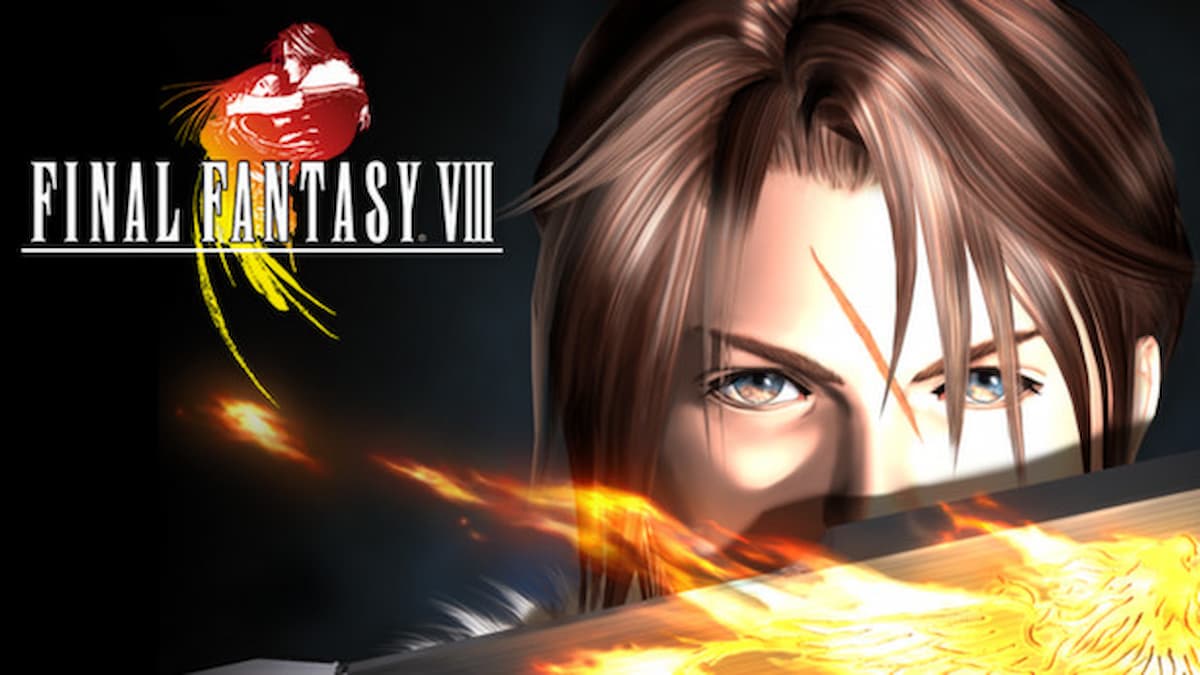
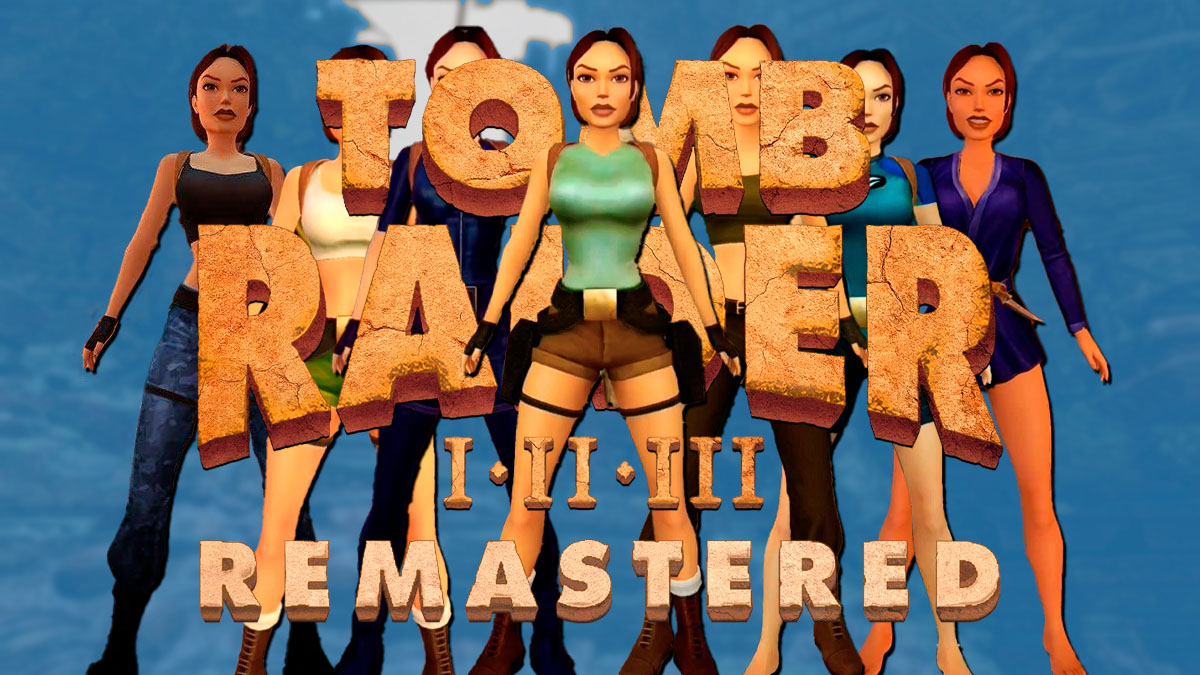
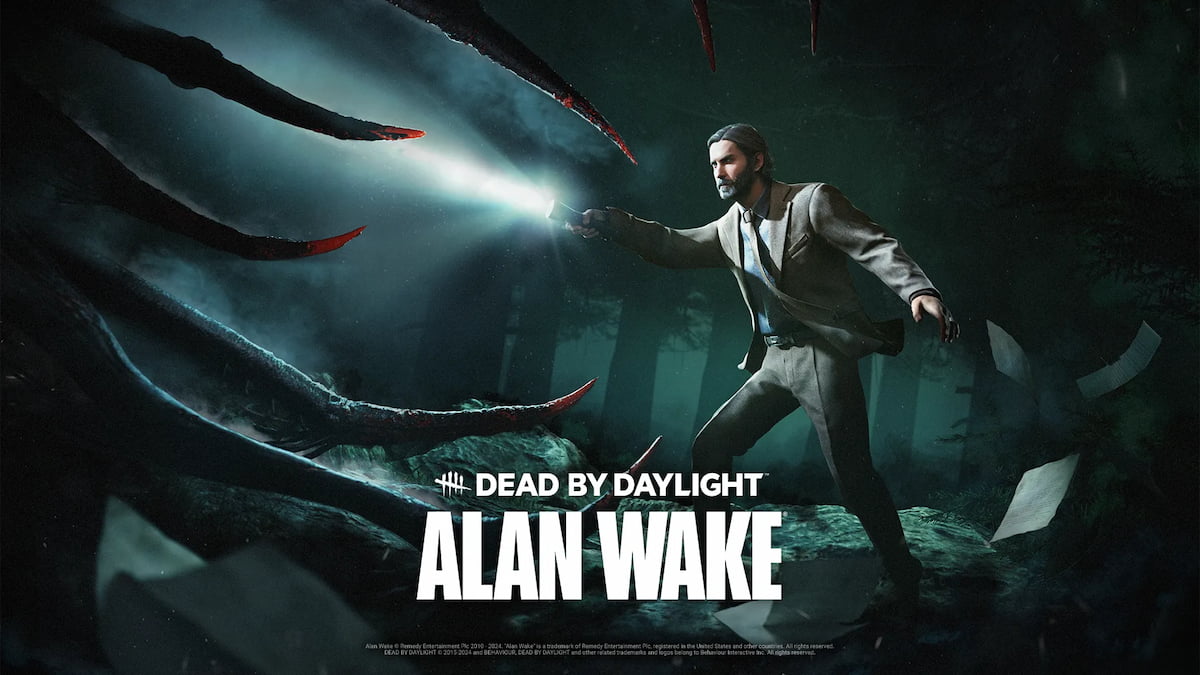
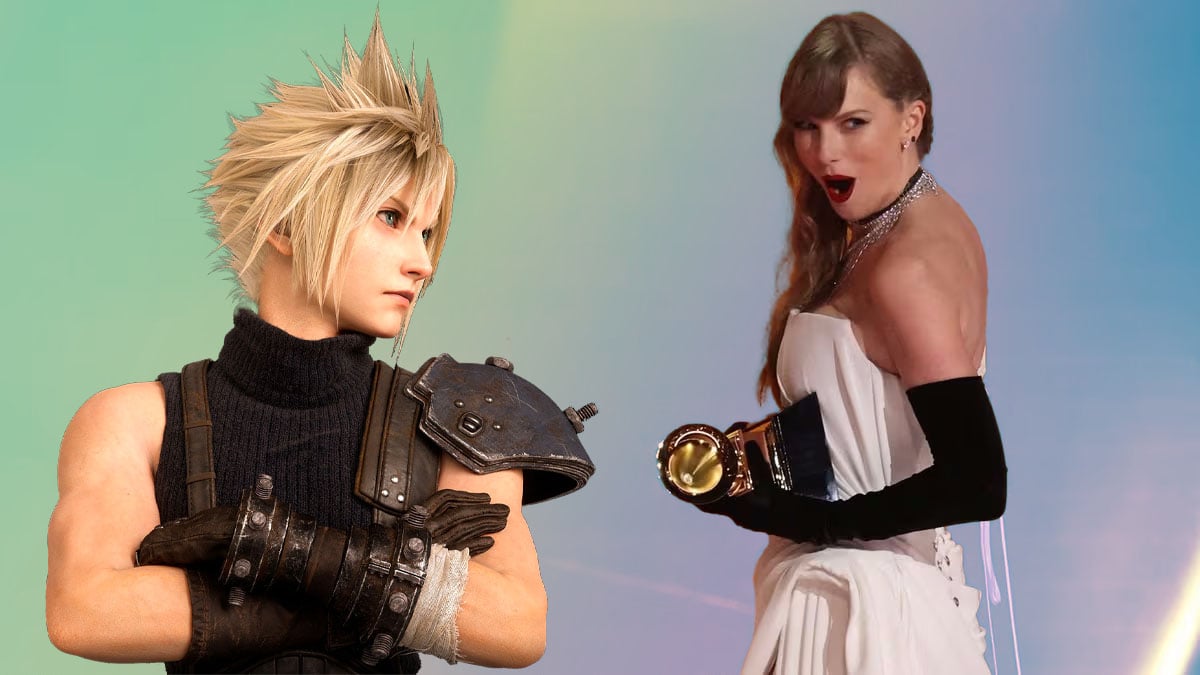
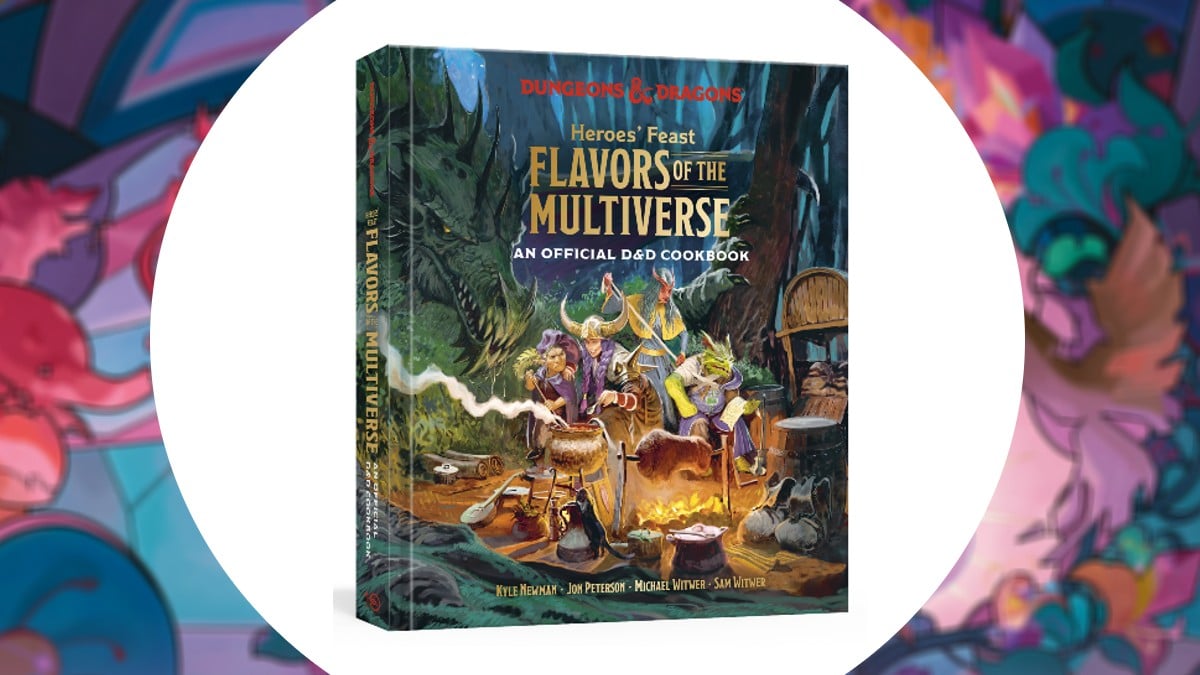
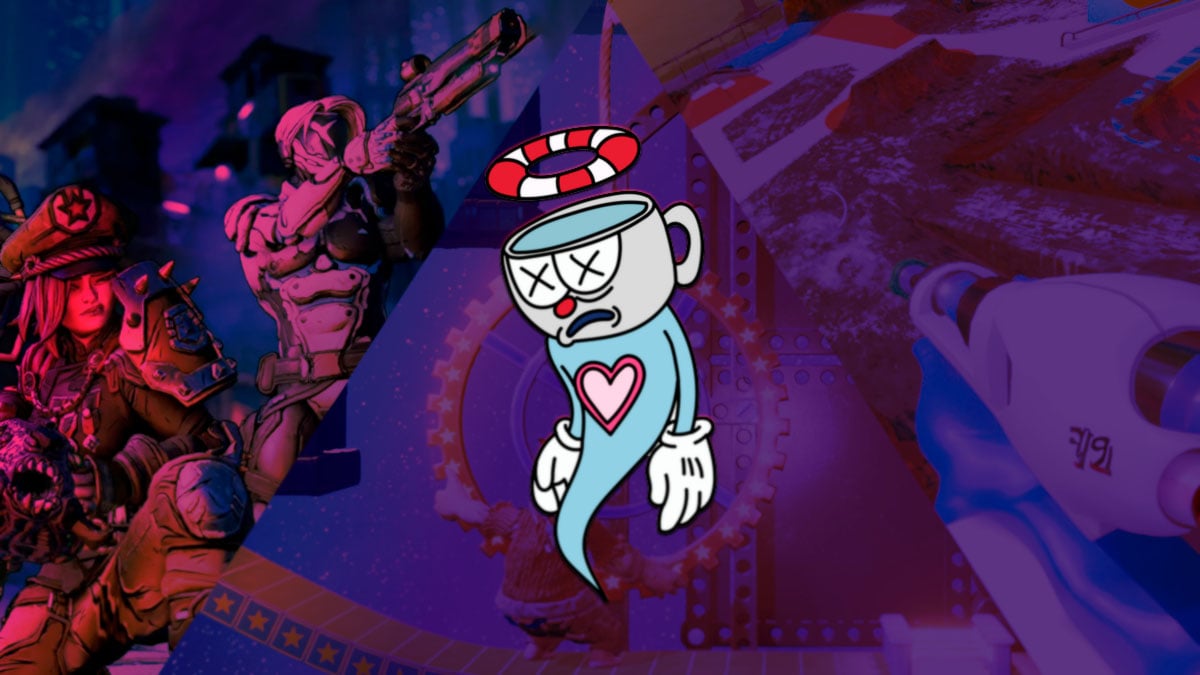
Published: Sep 3, 2019 09:12 am